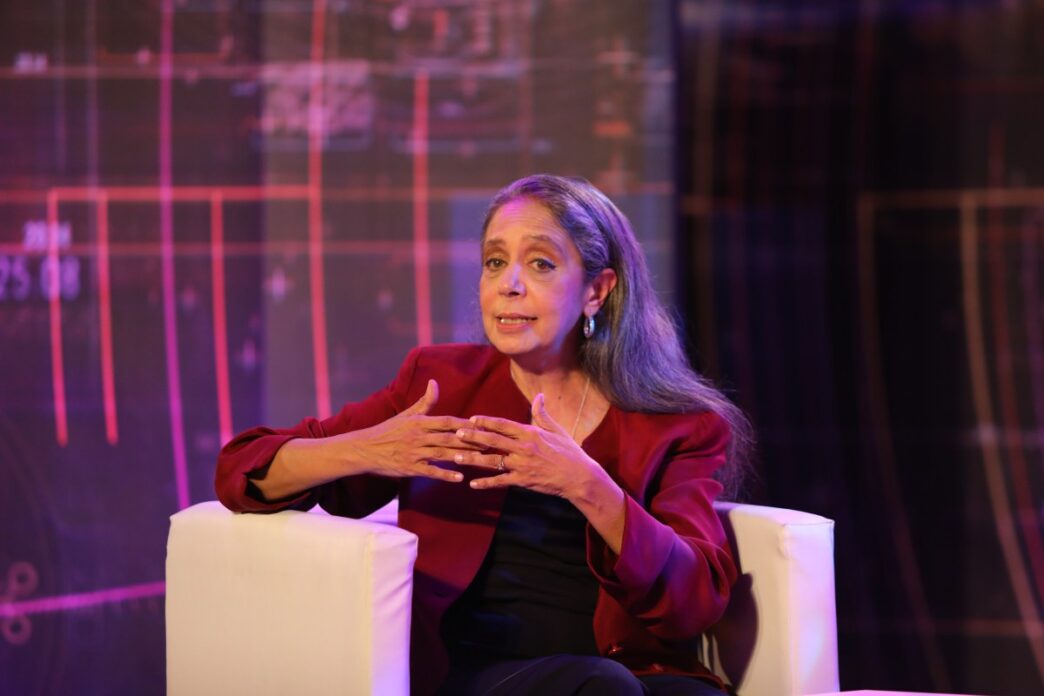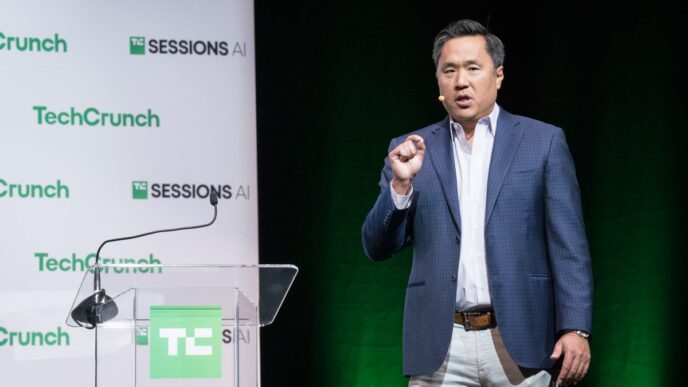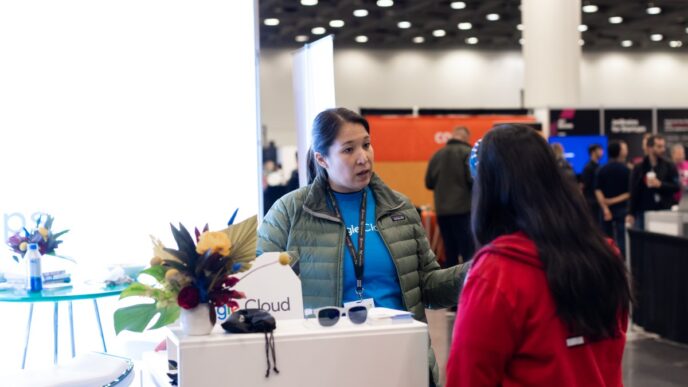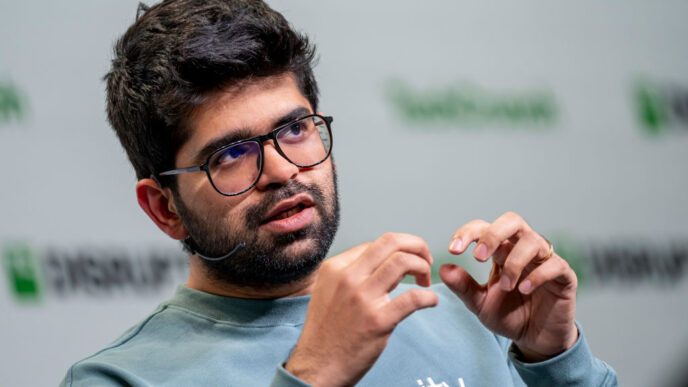iMerit is betting on quality over quantity with its AI data annotation approach. The startup is leaving behind gig-scale data labeling and aiming for cognitive experts to fine-tune AI models in industries like healthcare, finance, and autonomy.
iMerit just rolled out its Scholars program out of beta. The program recruits top experts in math, medicine, and other fields to work on enterprise and foundational AI models. These "Scholars" interact deeply with AI models on iMerit’s proprietary Ango Hub platform, generating and tackling problems to improve accuracy.
The company’s client list includes three of the big seven generative AI firms, eight top self-driving tech companies, several US government agencies, and major cloud providers.
This move comes as Scale AI stumbles. Scale’s founder and CEO Alexandr Wang left for Meta, which also acquired a 49% stake. That spooked Scale’s major clients, including Google, OpenAI, Microsoft, and xAI, who pulled back fearing Meta access to their roadmaps.
iMerit isn’t trying to replace Scale’s fast, mass-market data approach. Instead, it’s staking its future on high-quality, expert-verified data.
Rob Laing, iMerit’s VP of global specialist workforce, told TechCrunch:
“We’re the adults in the room.”
“A lot of money is being spent on AI right now. There are some very intelligent people building large platforms of human workforces. The output that they’re getting from that mass approach and that very quick speed to market approach is not at the level of quality that enterprises need.”
CEO Radha Basu stressed expert involvement:
“If you don’t have the expertise of the cardiologist or the physician, what you’re doing is basically creating something that’s maybe 50% or 60% accurate.”
“You want that to be 99%. You want to question the model. You want to break it. You want to fix it. That is what expert-led AI is making possible for enterprise.”
iMerit holds a remarkable 91% expert retention rate, with half of its workforce being women. The company currently works with over 4,000 Scholars and plans to grow to 10,000 without outside funding, thanks to profitability and cash reserves.
Laing points to the future:
“The free data out there on the internet is gone, and the lower level of human input data has also become commoditized.”
“Where these folks are going is really trying to tune these things to achieve AGI or superintelligence.”
iMerit’s expert-first strategy is targeting growth in healthcare, finance, and generative AI, counting on expert rigor to drive the next wave of enterprise AI.














